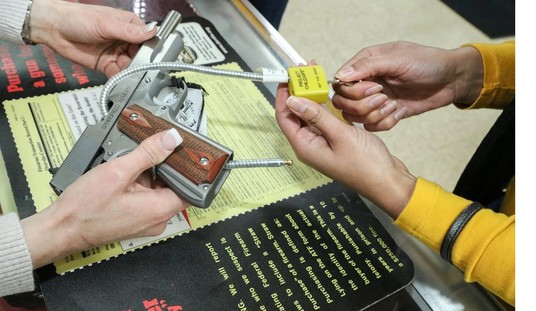As a crowd of high-school students offloaded from the tour bus for a visit to the Vietnam Veterans Memorial aka “The Wall,” he yelled, “There are no good wars!”
Hemmed in on the crowded sidewalk, I tried to ignore his rant and noted the bus had a Pennsylvania license. The shouter was far too young to have fought in Vietnam, and he was wearing a dirty T-shirt, ragged jeans — and Gucci loafers. He held a sheet of cardboard, hand-inscribed with the words “I’m the 99 percent” on one side and “Help me, I’m Homeless” on the other. While threading my way through the throng, I heard one of the clean-cut kids from the bus say, “If he’s a Vietnam War veteran, shouldn’t we help him?”
A well-intentioned youngster began digging through her purse to find some cash, but a U.S. National Park Service ranger approached and told the sign bearer, “Move along.”
The bedraggled petitioner complied, but only after spewing a string of four-letter expletives. The ranger, clearly discomfited by the foul language, looked at me and said, “That guy is a phony, right, colonel?”
I could only nod, point toward the memorial to my fallen and missing comrades, and say, “He wasn’t one of us.”
“The Wall” is like that. The V-shaped black granite panels with 58,282 names inscribed upon them attract visitors like no other place in our nation’s capital. The memorial is the most visited site in Washington — a city with more than 1,000 museums, monuments, parks and public buildings named for great people and events.
In scores of visits to “The Wall” over the past three decades — whether day or night, summer or winter, rain or shine — I never have been alone. Others always have been there when I’ve arrived and departed — maintaining a constant vigil.
This week, I came to meet a friend with whom I served in that long-ago, faraway war. Then, he was a U.S. Navy medical corpsman, and I was a rifle platoon commander. In “Kilo” Company, 3rd Battalion, 3rd Marines, those of us who saw him in the midst of carnage knew him to be quiet, competent and courageous.
Though he saved many of our lives with his skill and bravery — and has a Bronze Star and a Purple Heart to confirm both — I don’t recall knowing his given name, John, until after the war. To us, he was simply “Doc Fowler” — the man who headed into the gunfire when the call went out: “Corpsman up!”
We came to “The Wall” this week with a Fox News team for interviews that will air as part of our network’s special Memorial Day coverage. In the past, we have honored our nation’s war dead from one of 141 national cemeteries around the United States or at one of 24 others on foreign soil. But this year, our countrymen who pause from travel, shopping, sporting events and auto races on the last Monday in May will see a very different observance: the 50th anniversary commemoration of the Vietnam War.
For the 2.7 million Americans who fought for our nation in Southeast Asia, the Gold Star families who lost loved ones there and those who still yearn to know what happened to the 1,350 who still are unaccounted for, Monday’s ceremony is a long-awaited requital for unacknowledged sacrifice. It’s an overdue but welcome event.
What is less certain is whether this commemoration finally can bring closure to the most polarizing armed conflict for Americans since the Civil War. Will it end the false mythology of the Vietnam vet as a pothead marauder, a homeless, unemployed dropout who couldn’t fit in after coming home?
The Occupy protester I confronted on my way to “The Wall” this week probably won’t be convinced by this single ceremony. It’s unlikely he ever will grasp the innate decency, unstinting perseverance, quiet courage and true humility of those whose names are engraved on those black granite panels.
There are no good wars. But there are good warriors. There are lots of “Viet vets” like Doc Fowler. He came home from Vietnam badly wounded, but today he’s “Dr. Fowler” — and treating soldiers, sailors, airmen, guardsmen and Marines from a new generation who have been wounded while fighting another long war.
There are innumerable others like Jim Lehnert, my radio operator. He walked beside me for endless miles in Vietnam. Jim came home bloodied but finished his education and taught at Loyola University School of Dentistry, and today he is a general dentist in the suburbs of Chicago.
Like most Vietnam War veterans, they still are giving more than they ever asked in return. They aren’t dropouts. They are American heroes — and I’m blessed to call them friends.








Join the conversation as a VIP Member